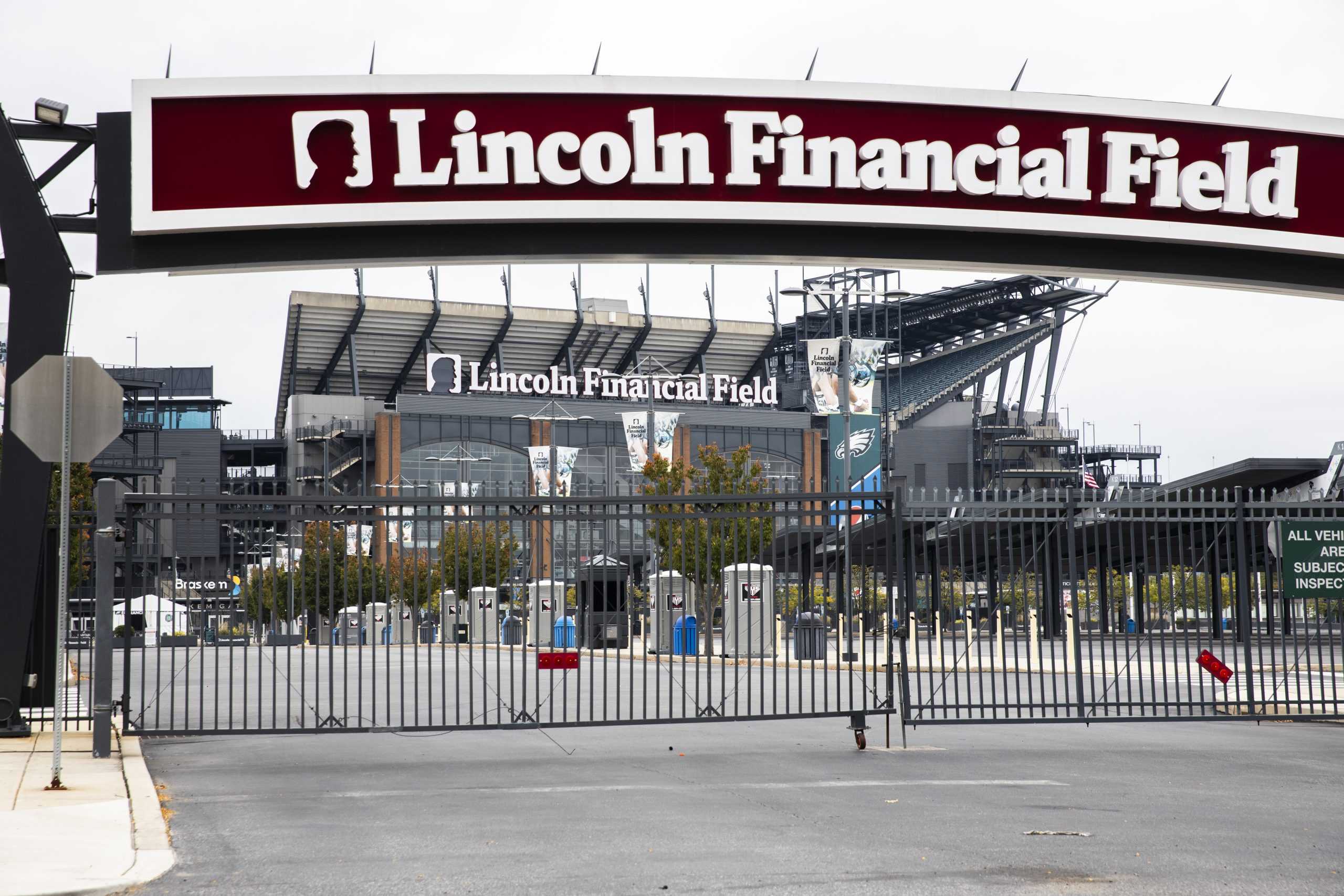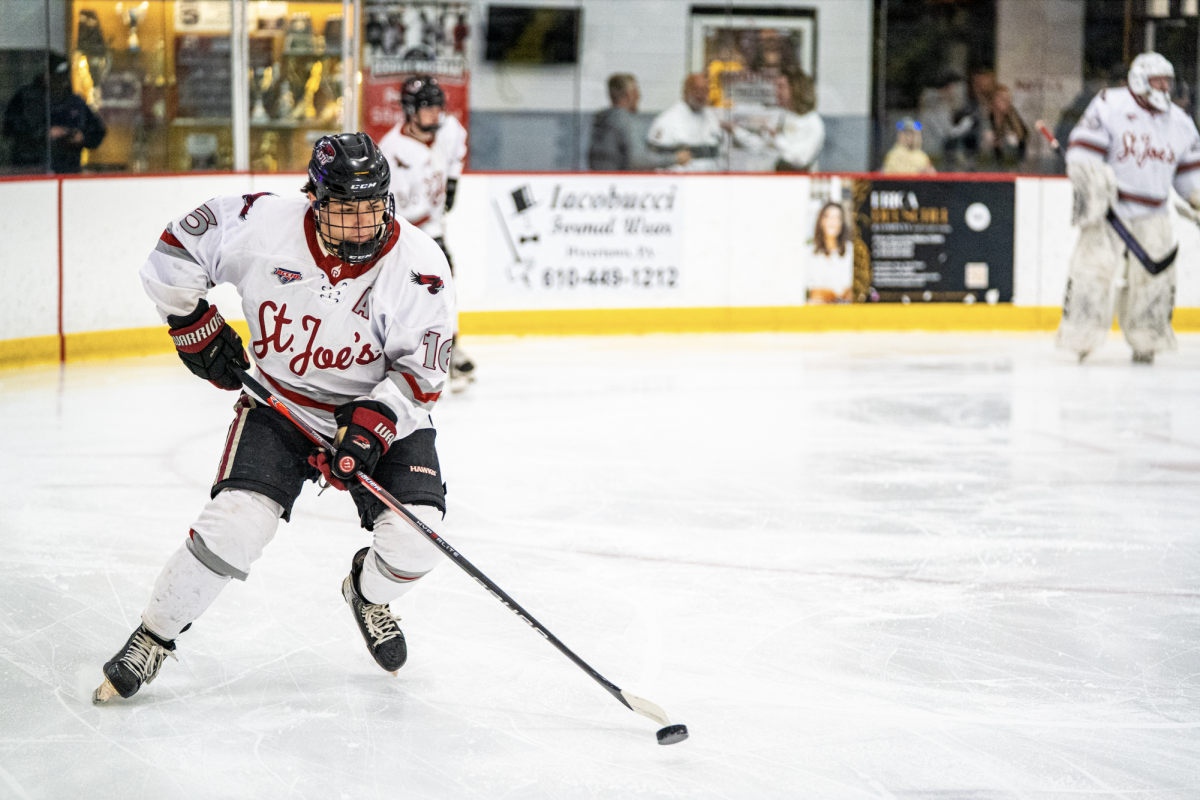Until recently, both the Philadelphia Eagles and the Pittsburgh Steelers have not allowed fans to be in attendance at their games. However, when the two teams faced off on Oct. 12, the Steelers had fans in attendance for the first time this season.
On Oct. 6, it was announced by Pennsylvania Gov. Tom Wolf that outdoor sporting events are now permitted to have 15% capacity, or a maximum of 7,500 fans, in their stadiums, leaving many wondering if both Pittsburgh and Philadelphia will take this opportunity to start authorizing fan attendance.
While the new legislation will help to limit any potential outbreaks among fans who would choose to attend games, there is no way to guarantee the safety of everyone in attendance, which in itself is too big of a risk to take.
As we saw in week one of the NFL season in Kansas City, a fan who attended the game later found out they were positive for COVID-19 and could have spread it to others during their time in Arrowhead Stadium. With up to 7,500 fans in attendance for either Philadelphia or Pittsburgh, the chances that someone attending the game has COVID-19 are fairly high.
Unfortunately, it would be tough to track if one person out of 7,500 had the virus, especially when some people don’t show symptoms. The Eagles and Steelers would have no way of knowing if someone entering the stadium was positive for the virus prior to their arrival.
As of right now, the Eagles and Steelers don’t have protocols in place to help gauge if a fan entering the stadium has COVID-19. This leaves an opportunity for people who attend games to contract the virus and take it back to their own communities and infect even more people.
If the Eagles allow fans to their games, it could have a significant impact on the St. Joe’s community. Chances are that students who are able to attend games will want to tailgate, and they might contract the virus while at the stadium. Those students then might spread COVID-19 to other students in our community, which could create a potential outbreak at St. Joe’s.
Students and other members of the St. Joe’s community should prioritize the health and safety of our peers. But if fans in our community opt to attend one of these games, they are putting everyone else within our community at risk and breaching the duty they have to keep those around them safe and healthy.
While some students might view their attendance at one of these games as no big deal, it only takes one person to spread the virus throughout all aspects of university. Ultimately, students who want what’s best for St. Joe’s should choose not to attend these games to ensure the safety of our community if they have the option.
Additionally, we’ve seen at least 12 games across the NFL postponed so far due to outbreaks within their teams. During Week five of the NFL season, from Oct. 5-11, the New York Jets, Tennessee Titans and Chicago Bears were the latest of seven total teams who reported at least one positive test among their active players. Each day there are more and more names appearing on the list of players who have the virus. Around the league, teams are slowly having their organizations infiltrated.
If NFL organizations are struggling to keep COVID-19 out of their own locker rooms and business offices, they can’t possibly ensure the safety of the 7,500 fans who attend their events.
I understand some organizations want fan attendance to help drive revenues which have dropped significantly amid the pandemic, but with the chance of an outbreak, teams are putting people’s safety at risk, which should always come before financial implications. This is especially true when there are other potential revenue drivers that teams can still profit from such as TV deals, advertising and other safer forms of fan engagement.
Even though Pennsylvania may only allow fans in a limited capacity, in the end, it would be best for both the Eagles and Steelers to elect not to have fans at games despite what their peers are doing, and what the Pennsylvania government is saying.
The health and safety of the fan base should always come first. Even though fans want to be at games more than anything, it should fall on the organizations to ensure their safety. The best way to do that would be opting to not have fans in attendance.




















































